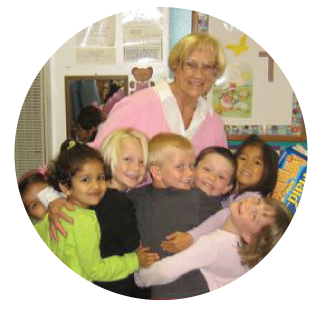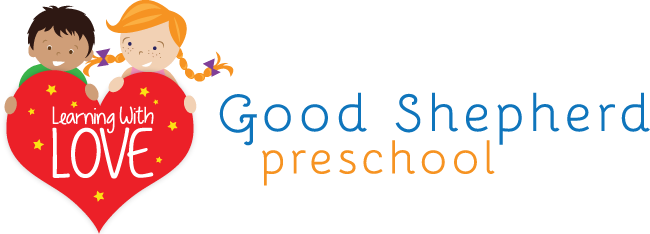Our vision, “Learning with Love” isn’t just words on paper — it’s what’s in our hearts; we live it out everyday with your kids, and we wouldn’t want it any other way.
Why we’re unique…
Each of our wonderful, credentialed teachers has a wealth of experience in teaching and loving preschool children!
Maximum of 10 children in each preschool class. Maximum of 10 in our Transitional Kindergarten (TK) program. Comparatively, most preschools in the area have one teacher and one aide with 18 kids.
Each class has its own classroom that becomes a “second home.” We do not rotate them into different classrooms throughout the day, nor do we have a large room sectioned off with four or more classes of 18 in the same large space.

Learning With Love!
- We are a family – not a corporate preschool.
- It’s all about the kids, not the programs or making a profit.
- Our teachers love working here. They are passionate and dedicated.
- Every child is known by their teacher and classmates.
- Every family is loved and supported.
- Kids are learning through exploration and experimentation—we do not provide childcare, rather learning experiences.
- It’s not just about caring for kids, it’s about loving kids.
- It’s a place like no other!
- Come and see for yourself….
Our Philosophy
We are a developmental preschool. What does this mean?
[rev_slider aboutus]
A developmental preschool sees each child as an individual and knows that everyone develops and grows at his or her own pace.

A developmental preschool helps to advance the maturation of young children by focusing on each child’s social, emotional, physical, and intellectual development. By providing structured, nurturing environments, a developmental preschool strives to encourage children to make discoveries that help build knowledge, awareness, and intellectual skills.

A developmental preschool emphasizes helping children to master new skills by laying a foundation for learning. For example, a child needs to be able to recognize the difference between shapes and colors before he/she can learn to tell the difference between letters and numbers. Likewise, the presentation of fine motor activities will strengthen future writing skills.

A developmental preschool designs its curriculum around presenting materials in ways that young children learn best, and young children learn best through sensory motor stimulation, exploration, and experimentation. They need to experience things hands-on as much as possible to understand them. 

A developmental preschool teaches children social skills: how to listen to a teacher, interact with others, and work in a group. It emphasizes teaching students how to make choices and how to share ideas, thoughts, and feelings with other children. Children are also taught how to cooperate, negotiate, and problem-solve with their peers. They are given the emotional support and love to enhance self-worth.

A developmental preschool seeks to help the whole child develop – emotionally, physically, intellectually, and spiritually.


